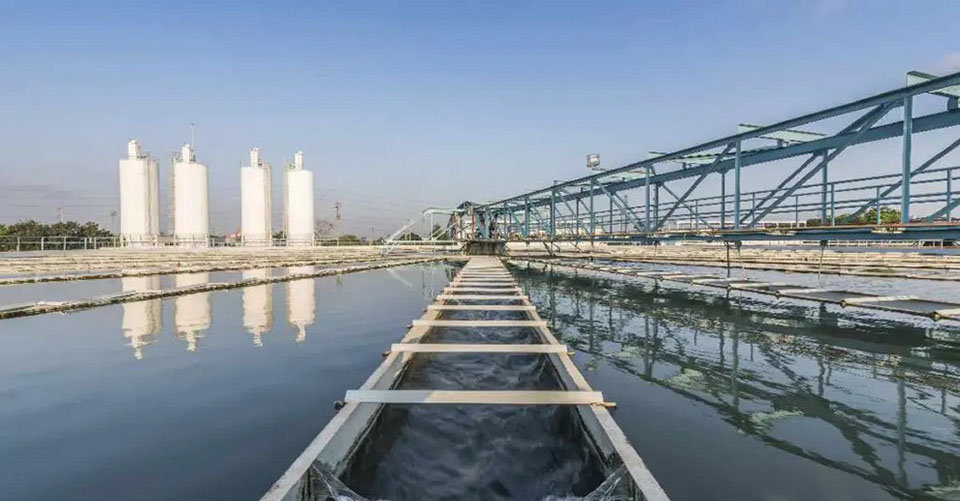
BANGKOK, Thailand – The Metropolitan Waterworks Authority (MWA) has fortified flood barriers and sandbags at the Sam Lae Raw Water Pumping Station in Pathum Thani to prepare for the incoming northern water mass, Oct 10. While there may be some impact on raw water quality, causing turbidity, the MWA is confident that its water treatment plants will maintain high standards of clean and safe tap water production.
Mr. Somsak Pasnanon, Assistant Governor of the MWA, stated that despite recent flooding in several provinces, rainfall accumulation remains primarily in the southern region, with only light rain in the north. Heavy rain is expected in parts of central Thailand and Bangkok between October 8-13, 2024. The nationwide rainfall levels are near normal, but water discharge from the Chao Phraya Dam has increased to over 2,000 cubic meters per second, causing overflow in low-lying areas outside flood barriers.
In response, the MWA has been closely monitoring the situation, especially at the Sam Lae Raw Water Pumping Station in Mueang District, Pathum Thani. The station, which supplies raw water for tap water production, has enhanced its flood defenses with sandbags and water pumps. The MWA is also closely tracking the movement of water masses and water levels near the station, while ensuring all its water treatment plants are prepared for potential flooding.
Regarding the current water situation in the north, Mr. Somsak reassured that if no new storms occur, the water levels will not affect the MWA’s operations, particularly at the sensitive Sam Lae station. The Chao Phraya River’s water level remains 50-70 cm below the pump station floor, and conditions are stable for now.
The main impact on the MWA is the quality of raw water from the Chao Phraya River, where increased turbidity and lower quality may pose challenges. However, the MWA’s water treatment plants are fully prepared to address these issues, ensuring a continuous supply of clean and safe tap water. Mr. Somsak emphasized that if no additional storms occur, there will be no flooding in MWA operation areas.
He also noted that the water levels in major Chao Phraya Basin dams are within good range, with 71% of usable water stored. This should provide sufficient water for the dry season (November 2024 to April 2025). The Mae Klong Basin also has enough water to meet dry-season needs. However, the MWA urges the public to continue using water efficiently to ensure sufficient reserves for the future.









